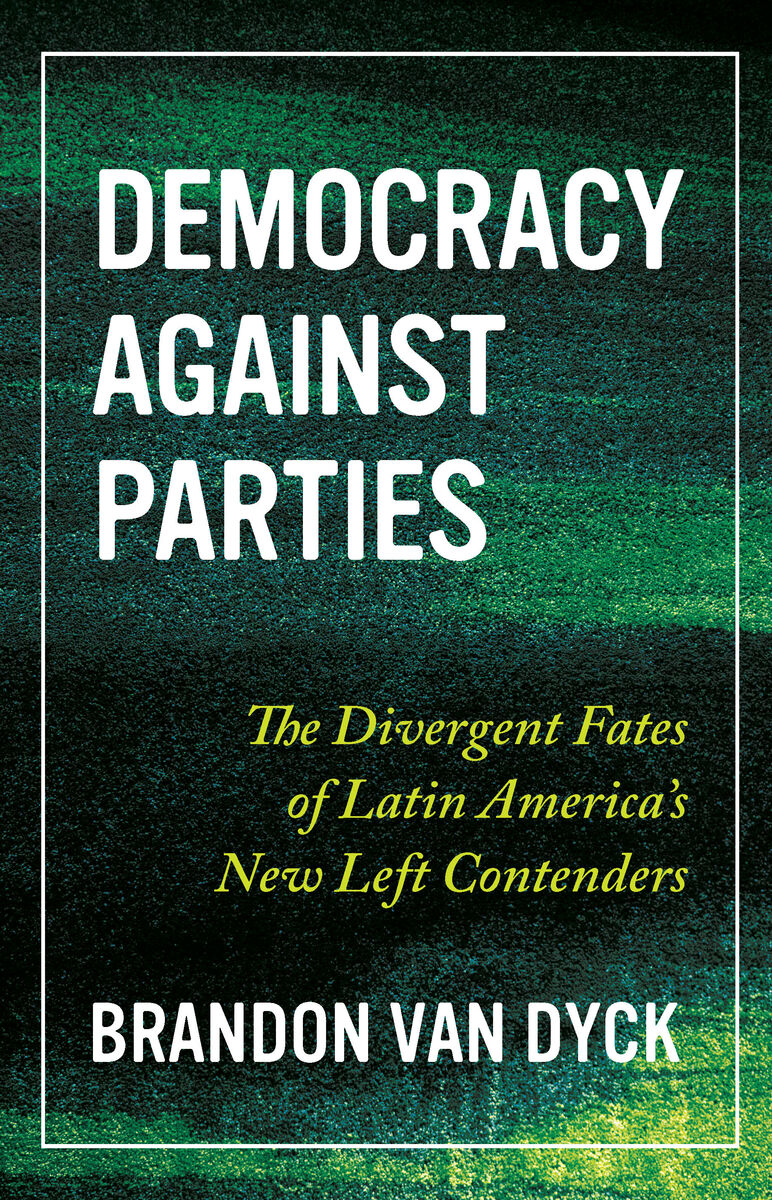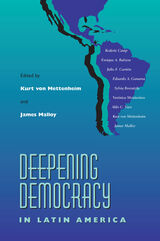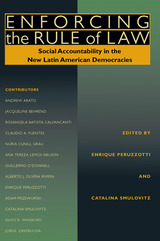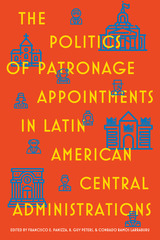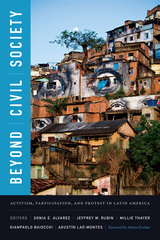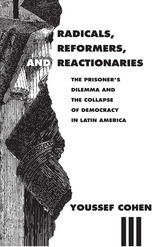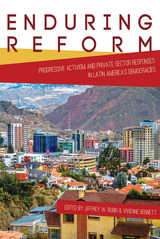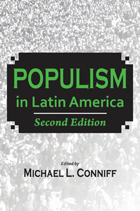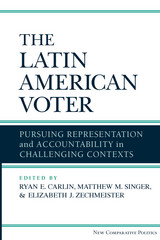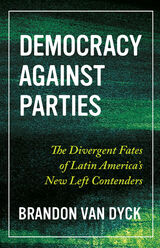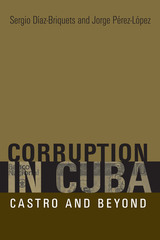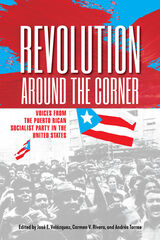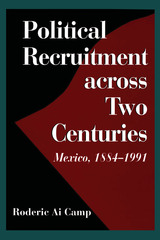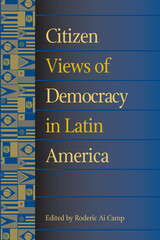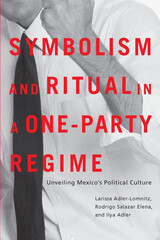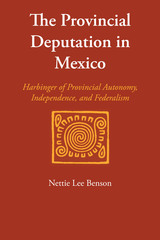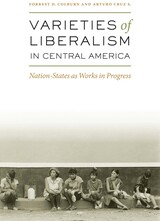eISBN: 978-0-8229-8853-3 | Cloth: 978-0-8229-4694-6
Library of Congress Classification JL969.A45V37 2021
Dewey Decimal Classification 324.217098
Around the world, established parties are weakening, and new parties are failing to take root. In many cases, outsiders have risen and filled the void, posing a threat to democracy. Why do most new parties fail? Under what conditions do they survive and become long-term electoral fixtures? Brandon Van Dyck investigates these questions in the context of the contemporary Latin American left. He argues that stable parties are not an outgrowth of democracy. On the contrary, contemporary democracy impedes successful party building. To construct a durable party, elites must invest time and labor, and they must share power with activists. Because today’s elites have access to party substitutes like mass media, they can win votes without making such sacrifices in time, labor, and autonomy. Only under conditions of soft authoritarianism do office-seeking elites have a strong electoral incentive to invest in party building. Van Dyck illustrates this argument through a comparative analysis of four new left parties in Latin America: two that collapsed and two that survived.
See other books on: Caribbean & Latin American | Case studies | New Left | Partido de la Revolución Democrática (Mexico) | Political parties
See other titles from University of Pittsburgh Press
